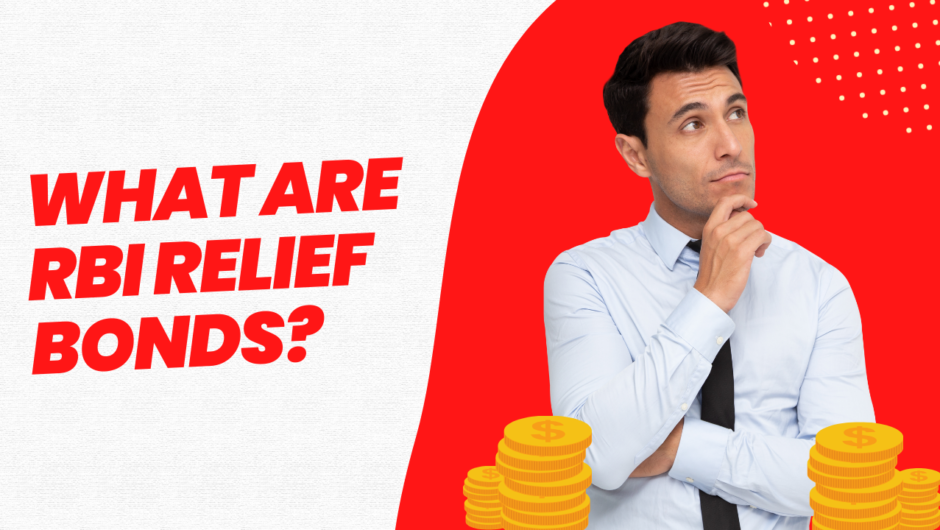If you’re in the market for a new home and looking for financing options, you may have come across FHA loans. These loans are backed by the Federal Housing Administration (FHA) and offer several benefits to homebuyers. However, they also come with some drawbacks and requirements. In this article, we’ll explore the pros and cons of FHA loans and how to qualify for them.
What are FHA loans?
FHA loans are mortgage loans that are backed by the FHA, a government agency within the Department of Housing and Urban Development (HUD). These loans are designed to help homebuyers who may not qualify for traditional financing due to lower credit scores, higher debt-to-income ratios, or smaller down payments.
One of the key benefits of FHA loans is that they offer lower down payment requirements than many other types of loans. For example, with an FHA loan, you may be able to put down as little as 3.5% of the purchase price of the home.
Pros of FHA loans
Lower down payment requirements: As mentioned above, FHA loans offer lower down payment requirements than many other types of loans, making homeownership more accessible to those with smaller budgets.
Lower credit score requirements: While traditional loans may require a higher credit score to qualify, FHA loans may be available to borrowers with credit scores as low as 500, although a higher score may be needed to qualify for the lowest down payment options.
Competitive interest rates: FHA loans often offer competitive interest rates, making them a good option for many borrowers.
More flexible debt-to-income ratios: FHA loans may be available to borrowers with higher debt-to-income ratios than other types of loans, although the exact requirements can vary depending on the lender and other factors.
Cons of FHA loans
Higher overall cost: While FHA loans may offer lower down payment requirements, the overall cost of the loan may be higher due to the added cost of mortgage insurance.
Property standards: FHA loans require that the property being purchased meets certain standards, which can limit your options when searching for a home.
How to qualify for an FHA loan
To qualify for an FHA loan, you’ll need to meet certain requirements, including:
A credit score of at least 500 (although some lenders may require a higher score for certain loan options)
A debt-to-income ratio of 43% or lower.
A down payment of at least 3.5% of the purchase price of the home
The property being purchased must meet certain standards set by the FHA
To apply for an FHA loan, you’ll need to find an FHA-approved lender and provide documentation such as proof of income, employment, and assets, as well as your credit history.
Conclusion
FHA loans can be a good option for homebuyers who may not qualify for traditional financing due to lower credit scores, higher debt-to-income ratios, or smaller down payments. However, it’s important to carefully consider the potential benefits and drawbacks of FHA loans and to make sure you can comfortably afford the monthly payments. By understanding the requirements to qualify and finding an FHA-approved lender, you can make an informed decision about whether an FHA loan is the right option for you.
Also Read:
- The Pros and Cons of Rental Loans
- Essential Guide For Planning Your Home Renovation Budget With Personal Loan
- Dutton Lending: Thinking About A Debt Consolidation Loan?
- Applying for a Loan Against Property? Keep These Things in Mind!

Hello, I am Tanisha Kriplani, graduated in computer science from Delhi University. I am passionate about web content writing and have a strong interest in Data Analytics and Data Engineering.












